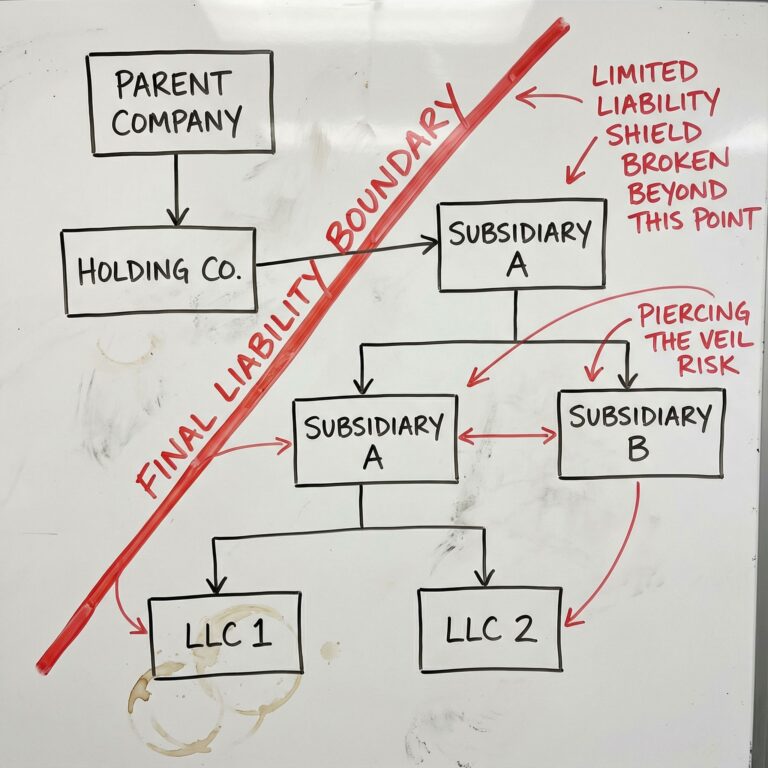Main Poker Mistakes to Avoid in 2025
Big Strategy Errors
Valuing average hands too high still leads to major losses in 2025’s tough game world. Players often trip up with mid-level cards, mostly when up against GTO-trained rivals who use these errors to win. Not knowing your place worsens these mess-ups, as some fail to adapt their moves for the current table. click here
Hard Points in Today’s Games
Bad money handling harms win rates at all levels. The smart games of today need strict adherence to strong risk plans. Acting on emotions hurts a lot during long loss streaks, when smart play is vital.
The Impact of AI
Using Artificial Intelligence shows a clear skill gap for many players. Standard mind games don’t work on AI rivals, calling for a needed shift in strategy. Players must turn to facts-based methods to stay relevant in today’s number-focused poker world.
Smart Tactic Changes
Handling pots with lots of players needs precise bluff timing adjustments. Players often miss perfect times to bluff or do it too often, making them predictable. Keeping your bet sizes constant across different hands helps keep your poker face and brings in more wins.
Strategy Tweaks
Mastering today’s complex poker scene requires pinpointing these new pitfalls and addressing them strategically. Players must continually refine their tactics, adopting better concepts while making solid choices.
Too Much Trust in Weak Initial Cards
Despite the rise of slick poker stats and AI support in games by 2025, many players keep making a basic mistake – overvaluing weak starting hands.
Suited hands and small pairs need just the right conditions to win, making them tough to play effectively.
Thinking About Position and Stack Size
Choosing hands should deeply consider where you sit and your stack size.
Suited connectors, like 7-8 of the same suit, are usually bad in early positions, but get better later on.
The tough post-flop play makes handling weak cards from a bad position an increasing challenge.
Adapting to New Type Opponents
GTO-trained adversaries are now bigger threats than traditional players, demanding tighter opening actions, especially from early positions.
The potential for straights or flushes doesn’t mean you should play risky hands from bad spots or against skilled enemies. Predicting Payouts: Slot Machine Strategy for
Wins come from relying on strong cards and cleverly choosing uncertain cards based on your position and how your rivals tend to behave.
Essential Strategy Adjustments
- Maintain tight starting ranges
- Pay attention to stack sizes
- Consider how others play
- Win a lot from top cards
- Be selective with uncertain cards
Ignoring Your Table Position
Understanding your position at the table is vital for a smart modern poker strategy.
Players who overlook their position often give a free advantage to smarter rivals in today’s extremely competitive game environment.
Valuing Hands Based on Your Position
How much your poker cards are worth varies significantly based on your seat relative to the dealer button.
Late position actions that generally earn money can lead to big losses when made from early positions.
The advantage of acting last post-flop offers clear mathematical benefits that are crucial in today’s advanced games.
Advanced Positioning Tactics in the Age of AI
The current poker scene demands a deep understanding of your position far beyond simple first-move guidelines.
With AI-trained opponents emerging, successful players must master tricky interactions involving:
- How deep stacks go
- Individual strategies
- GTO-based responses
- Hand ranges based on your position
Top players demonstrate their grasp of these positional complexities by adapting their tactics, while weaker players stick to the same approach regardless of their position.
This knowledge of where you sit increasingly determines who profits in poker today.
Managing Money Poorly When Losing
Smart Money Management
Handling your poker funds correctly is crucial for long-term success in poker, especially during tough times.
Playing your position well can grow your stack, but protecting that growth demands strict money management rules.
Using Stop-Loss Orders
A solid stop-loss strategy is your main defense against losing too much money.
Pro players maintain at least 20 buy-ins for their level, while top players in 2025’s challenging game world typically have 30-40 buy-ins to manage fluctuations effectively.
When to Adjust Your Bet Sizes
Securing your funds requires quick bet adjustments when necessary. Reduce your bets before your funds dwindle, following these key guidelines:
- Maintain at least 20 buy-ins for your level
- Move down quickly if you fall below this threshold
- Track sessions with poker analytical tools
- Distinguish normal fluctuations from actual mistakes
Avoiding Common Money Mistakes
Poor money decisions often stem from:
- Chasing losses
- Playing beyond your budget limit
- Ignoring clear bet adjustment rules
- Making moves based on emotions
Professional Money Safeguards
Set strict rules for bet adjustments and adhere to them regardless of short-term outcomes.
Wise money management requires:
- Meticulous session tracking
- Regular reviews of your performance
- Firm adherence to bet rules
- Preparation for normal ups and downs
When Emotions Drive Your Game
How Emotions Undermine Your Game
Making game choices led by emotions is one of the major pitfalls in poker, particularly in today’s sophisticated game landscape.
Players often fall into bad decision cycles, leaving a lasting negative impact on earning potential, especially in the complex world of AI-integrated poker games.
Main Signs of Emotion-Driven Play
Your play suffers when emotions take over, evident in:
- Incorrect use of important HUD data
- Abandoning well-planned strategies
- Ignoring mathematical advantages


